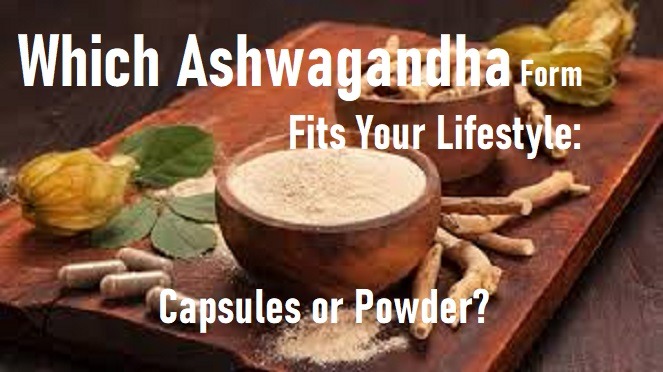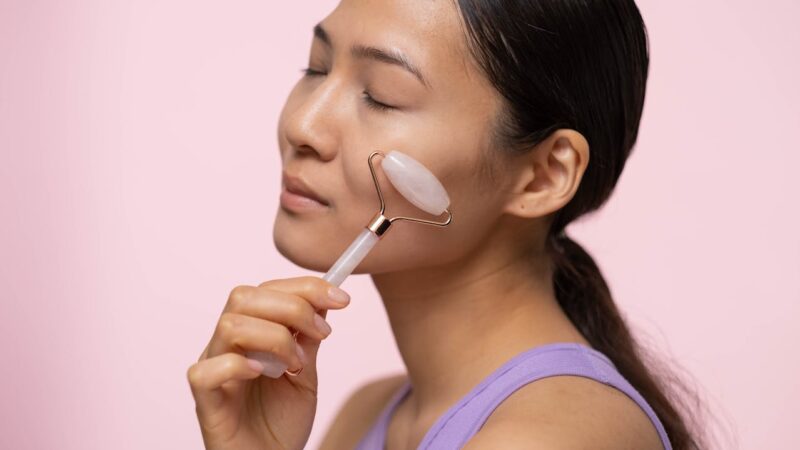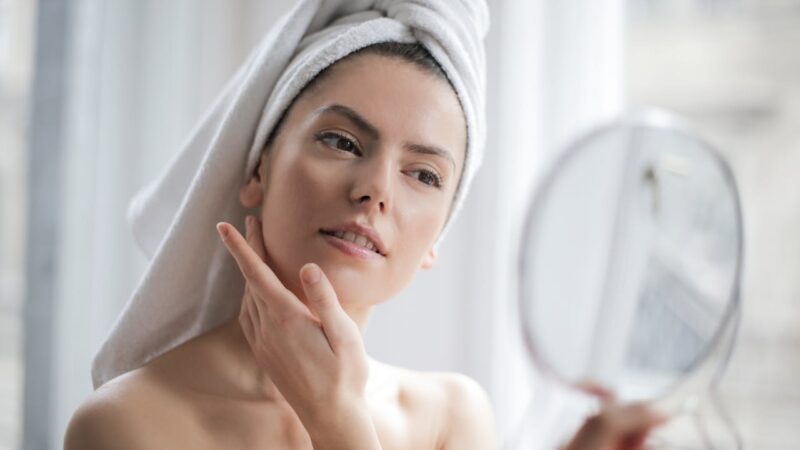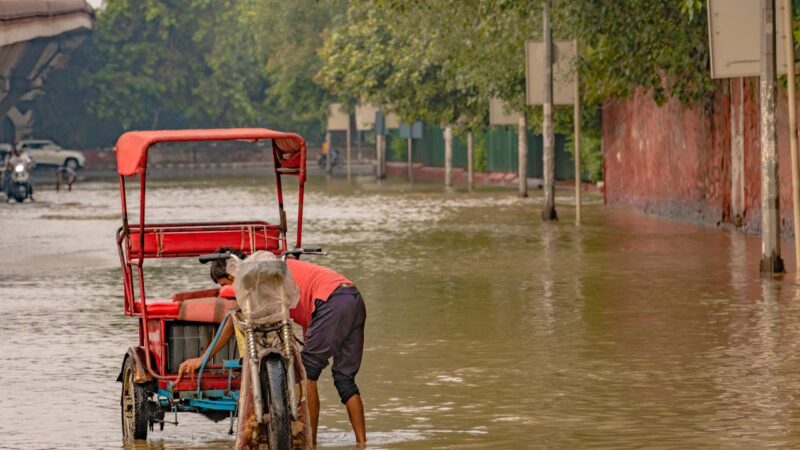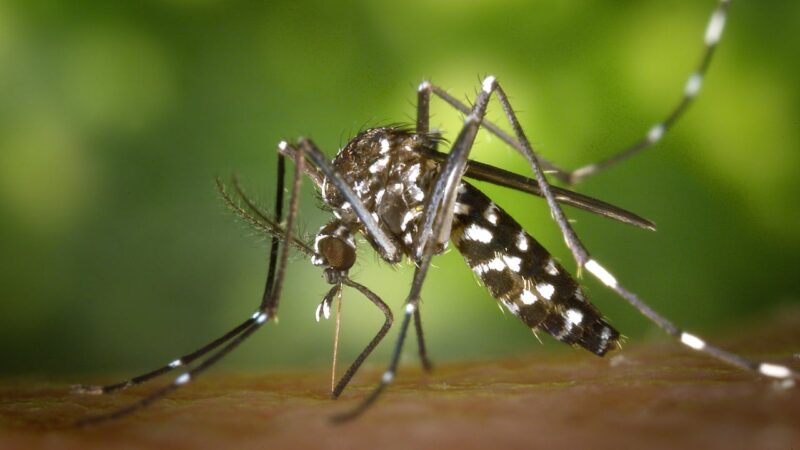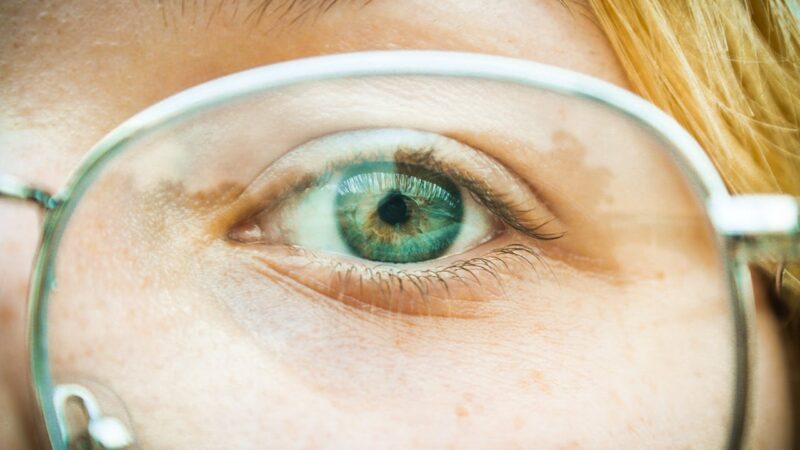How Can You Protect Your Eyes During a Heatwave

As temperatures soar during a heatwave, it’s not just our bodies that feel the strain; our eyes are also at risk. Medical experts warn of a concerning phenomenon called ‘eye stroke’ amidst the sweltering heat. But what exactly is an eye stroke, and how can you protect yourself?
What is an Eye Stroke?
An eye stroke, also known as retinal artery occlusion, occurs when a blockage hampers one of the arteries supplying blood to the retina. This sudden disruption in blood flow can lead to vision loss and potentially irreversible damage to the delicate membrane at the back of the eye.
Symptoms of an Eye Stroke
- Gradual or sudden vision loss, often in one eye
- Floaters or grey spots drifting in your field of vision
- Blurred vision or decline in visual acuity
- Sensations of pressure or mild discomfort in the eyes
- Reddish hue or scattered blood spots on the retina
Heatwaves and Eye Strokes
During heatwaves, the body works overtime to maintain a stable internal temperature, leading to dehydration, thickening of the blood, and elevated blood pressure. These factors collectively impede blood flow to the eyes, increasing the risk of an eye stroke.
Other Eye Problems in Heatwaves
Heatwaves can exacerbate various eye conditions, including:
- Increased eye allergies due to elevated pollen levels
- Development of styes, painful red lumps near the eyelids
- Photokeratitis, or ‘sunburn of the eye’, from excessive UV exposure
- Higher risk of eye infections due to sweating and bacterial transfer
Preventing Eye Strokes and Eye Problems
To safeguard your eyes during a heatwave, consider these preventive measures:
Stay Hydrated: Drink plenty of water to keep your eyes moisturized and use lubricant eye drops if needed.
Wear Sunglasses: Choose sunglasses that offer full protection against UVA and UVB rays to shield your eyes from sun damage.
Use Contact Lenses Cautiously: Adhere to recommended usage durations and proper handling to avoid corneal infections.
Be Aware of Air Conditioning: Minimize direct exposure to air vents, use a humidifier, and take breaks from air-conditioned spaces to maintain eye moisture.
Practice Optimal Eye Hygiene: Wash your hands regularly to prevent infections, and wear a hat or cap outdoors for extra protection.
Monitor Your Diet: Include foods rich in omega-3 fatty acids, vitamins C and E, and zinc to support eye health and combat the effects of heat stress.
Also Read: Should You Strap on a Weighted Vest for Your Daily Stroll
By following these proactive steps, you can help protect your eyes from the risks posed by heatwaves and ensure optimal eye health year-round. Remember, your eyesight is precious, so take care to preserve it, especially during extreme weather conditions.
Q&A
Q: What is an eye stroke, and how does it relate to heatwaves?
A: An eye stroke, or retinal artery occlusion, occurs when a blockage disrupts blood flow to the retina, leading to sudden vision loss. Heatwaves can exacerbate this condition by causing dehydration and elevated blood pressure, increasing the risk of blood vessel blockages.
Q: What are the symptoms of an eye stroke, and how can one recognize them?
A: Symptoms of an eye stroke may include gradual or sudden vision loss, floaters in the field of vision, blurred vision, sensations of pressure in the eyes, and a reddish hue or blood spots on the retina. Recognizing these symptoms, especially if they occur in one eye only, is crucial for early intervention.
Q: Besides eye strokes, what other eye problems can heatwaves exacerbate?
A: Heatwaves can worsen various eye conditions, including increased eye allergies due to elevated pollen levels, development of styes (painful lumps near the eyelids), photokeratitis (or ‘sunburn of the eye’), and higher risk of eye infections due to sweating and bacterial transfer.
Q: How can individuals prevent eye strokes and other eye problems during heatwaves?
A: To prevent eye strokes and other eye problems during heatwaves, individuals can take proactive measures such as staying hydrated, wearing sunglasses for UV protection, using contact lenses cautiously, being aware of air conditioning effects, practicing optimal eye hygiene, and monitoring their diet for eye-healthy nutrients.
Q: What role does hydration play in protecting eye health during heatwaves?
A: Hydration is crucial for maintaining eye moisture and preventing dehydration-related complications, such as dry eye syndrome. Drinking plenty of water and using lubricant eye drops can help keep the eyes moisturized and comfortable during hot weather.
Q: How can sunglasses help protect against eye problems during heatwaves?
A: Sunglasses that offer full protection against UVA and UVB rays can shield the eyes from sun damage, reducing the risk of conditions like photokeratitis and preventing long-term UV-related eye issues such as cataracts and macular degeneration.
Q: Are there any specific dietary recommendations to support eye health during heatwaves?
A: Yes, including foods rich in omega-3 fatty acids, vitamins C and E, and zinc in the diet can support eye health and combat the effects of heat stress on the eyes. Leafy greens, fish, nuts, and fruits are excellent sources of these nutrients.
Also Read: Is Sweating Good or Bad for Your Skin?
Q: What steps can individuals take to maintain optimal eye hygiene during heatwaves?
A: Practicing regular handwashing, especially before touching the eyes, can help prevent infections like conjunctivitis or styes. Wearing a hat or cap outdoors can provide additional protection against environmental factors that may irritate the eyes.


